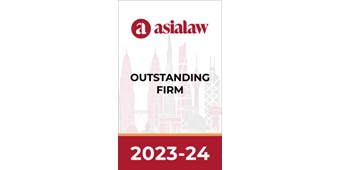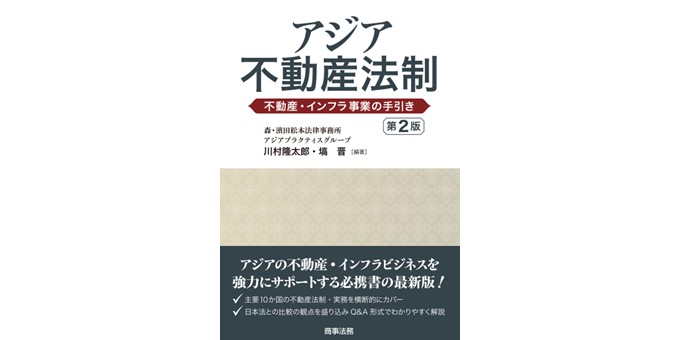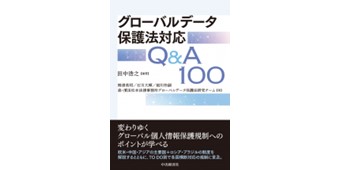Introduction
By the end of the first half of 2025, the Supreme Court of the Republic of Indonesia (SCRI) announced the official launch of the Indonesian Law Report, alongside the publication of the quarterly Garda Peradilan. As of this announcement, two issues of these legal publications have been released and are now publicly available.
One of the pivotal rulings featured in the first issue of Garda Peradilan highlights the SCRI’s view on employer protection in trade secret breach cases and the enforceability of non-compete clauses in employment contracts.
While non-compete clauses in employment contracts are banned in the U.S., the Indonesian Supreme Court appears to be taking an entirely different approach. In a decision issued in 2023, a narrowly drafted non-compete clause in an employment contract was deemed enforceable, and limited damages were awarded for its breach.
Enforceability of a non-compete clause in Indonesia
In a pivotal ruling, the Supreme Court of Indonesia upheld an employer’s right to enforce post-employment obligations and protect trade secrets. The case involved a former employee who, after resigning, immediately joined a competing firm in violation of a contractual non-compete clause. The Court found that the employee had knowingly accessed sensitive business information and failed to observe a mandatory waiting period before joining a competitor, constituting a breach of contract under Article 1243 of the Indonesian Civil Code.
The Supreme Court overturned lower court decisions that had dismissed the employer’s claims, ruling that the employee’s actions caused demonstrable harm. The Court ordered the payment of damages amounting to IDR 100 million that is lower than initially asked as the Court considered the initial figure to be excessive. It also emphasized that employment agreements containing confidentiality and non-compete provisions are enforceable when properly drafted and aligned with applicable laws.
Read together with the previous decision issued by the Indonesia Competition Commission imposing sanctions for solicitation of competitively sensitive information by an executive ‘jumping ship’ discussed in our previous article, the Supreme Court decision provides further assurance to employers on the protection of trade secret.
What this means for you: Employers should review their employment contracts and internal policies to ensure they contain robust and enforceable provisions related to trade secrets and post-employment restrictions. If your organization handles sensitive information or operates in a competitive industry, this ruling underscore the importance of proactive legal protections.
If you have questions regarding these developments or how they may impact your contractual arrangements, enforcement strategy, or ongoing disputes, please contact the authors.














